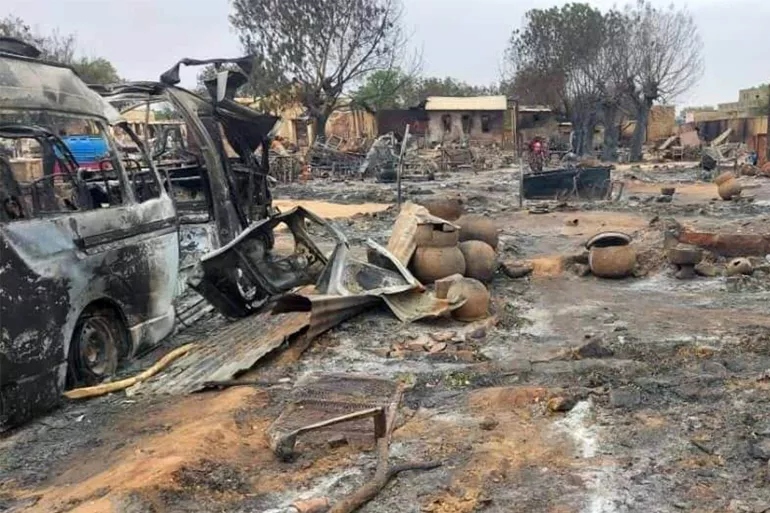Violence in Culiacan: A City Under Siege Amid Cartel Warfare
Culiacan, the capital of Mexico's Sinaloa state, has been
gripped by unprecedented violence since September, leaving more than 400 dead
and hundreds missing. Once a bustling city, its streets now echo with fear as
residents contend with daily shootouts, abductions, and grisly murders linked
to infighting within the Sinaloa Cartel, one of the world’s largest drug
trafficking organizations.
The violence erupted after the July arrest of cartel
co-founder Ismael "El Mayo" Zambada in the United States, allegedly
orchestrated by Joaquín "El Chapo" Guzmán’s son, Joaquín Guzmán
López. Zambada’s claims of betrayal ignited a deadly feud between the cartel’s
"Chapitos" and "Mayos" factions. The brutal conflict has
seen bodies left on streets adorned with pizza slices or sombreros, symbols of
the warring groups’ savagery.
The city’s historic center, once lively and vibrant, now
lies desolate. Popular businesses have closed, and unemployment has surged,
with 30,000 job losses pushing Culiacan’s economy to the brink of collapse. The
once-thriving Dorados de Sinaloa football team has relocated, and universities
have suspended in-person classes after cartel violence encroached on their
grounds.
Despite the deployment of 11,000 soldiers equipped with
armored vehicles and air support, the violence persists. In October, a military
operation killed 19 suspected cartel members in the bloodiest clashes in years,
yet Culiacan remains under siege. Since Mexico’s war on drugs began in 2006,
over 450,000 people have been murdered, and more than 100,000 are missing,
underscoring the nation’s ongoing struggle with cartel violence.
Efforts to reclaim the city include public events like a
massive food festival held in November, where residents gathered for music and
Sinaloa’s signature aguachile. “We’ve been locked up for 70 days, scared out of
our wits. Today, we’re starting to live again,” said chef Miguel Taniyama, one
of the organizers.
But for many, the suffering is far from over. Rosa Lidia
Felix, 56, whose son went missing on November 1, pleads for his return.
"Please, I want my son back," she wept, embodying the grief and fear
shared by countless families in Culiacán, a city struggling to survive amid
cartel violence.









.jpg)